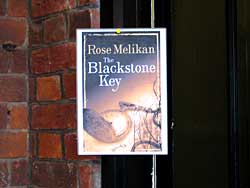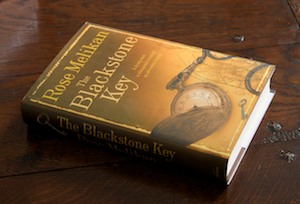From David Pogue’s latest column in the NYT…
After having used Apple’s loaner review unit for a couple of weeks, I reached over to pick up my existing Mac laptop, the five-pound MacBook. After the Air, it felt like a piece of Soviet Army field equipment. When I tried to pick it up one-handed, I thought I’d break my wrist.
So that’s it: I bought an Air for myself.
When I was getting it loaded with my programs and files, I deeply mourned the lack of high-speed file-transfer options like FireWire. A couple of times, I was seriously grateful for the optional Ethernet USB dongle in hotels with wired Internet but no wireless, for example. And I’ll repeat my advice from the original review: this machine doesn’t make a great primary computer, thanks to its smallish hard drive.
Otherwise, though, I’ve lived and flown with this machine for a month, presented nine talks on it, and have not missed its missing features one iota. It’s plenty fast and capacious as a second machine.
Meanwhile, when your laptop has the thickness and feel of a legal pad and starts up with the speed of a PalmPilot, it ceases to be a traditional laptop. It becomes something you whip open and shut for quick lookups, something you check while you’re standing in line or at the airline counter, something you can use in places where hauling open a regular laptop (and waiting for it) would just be too much hassle.
Yep. My experience too.


